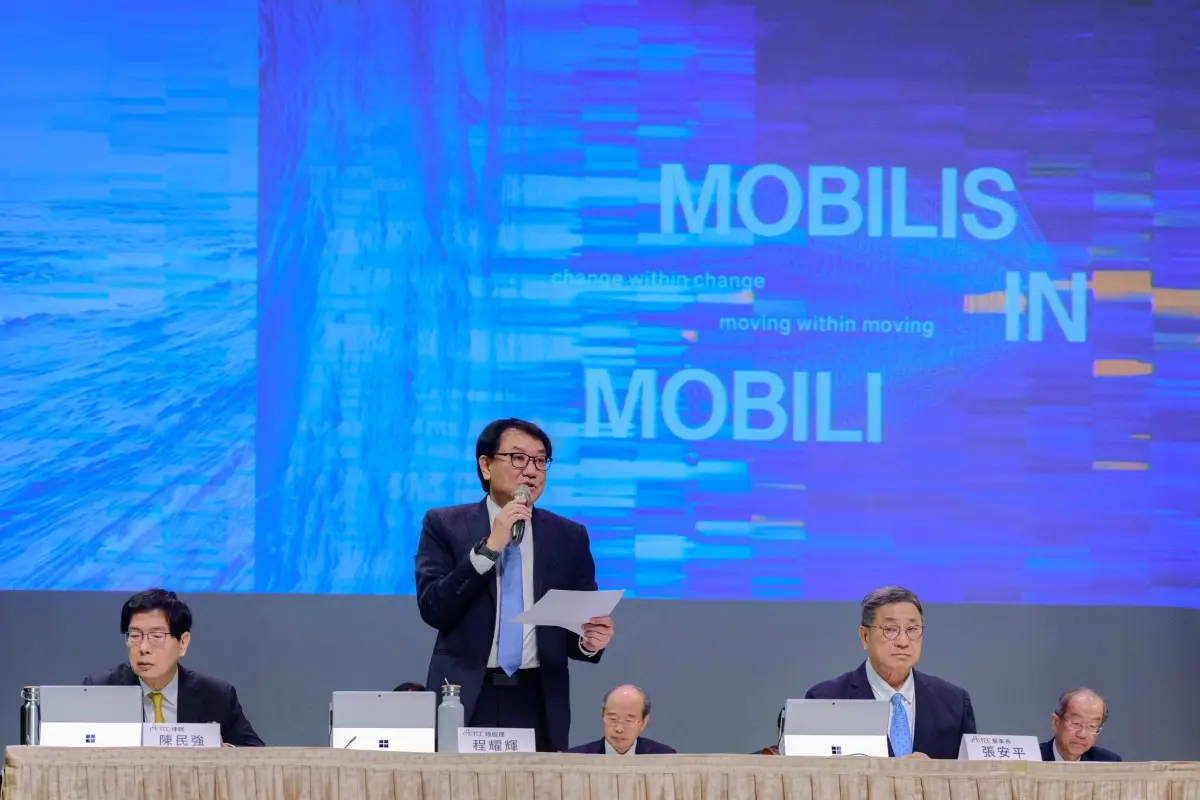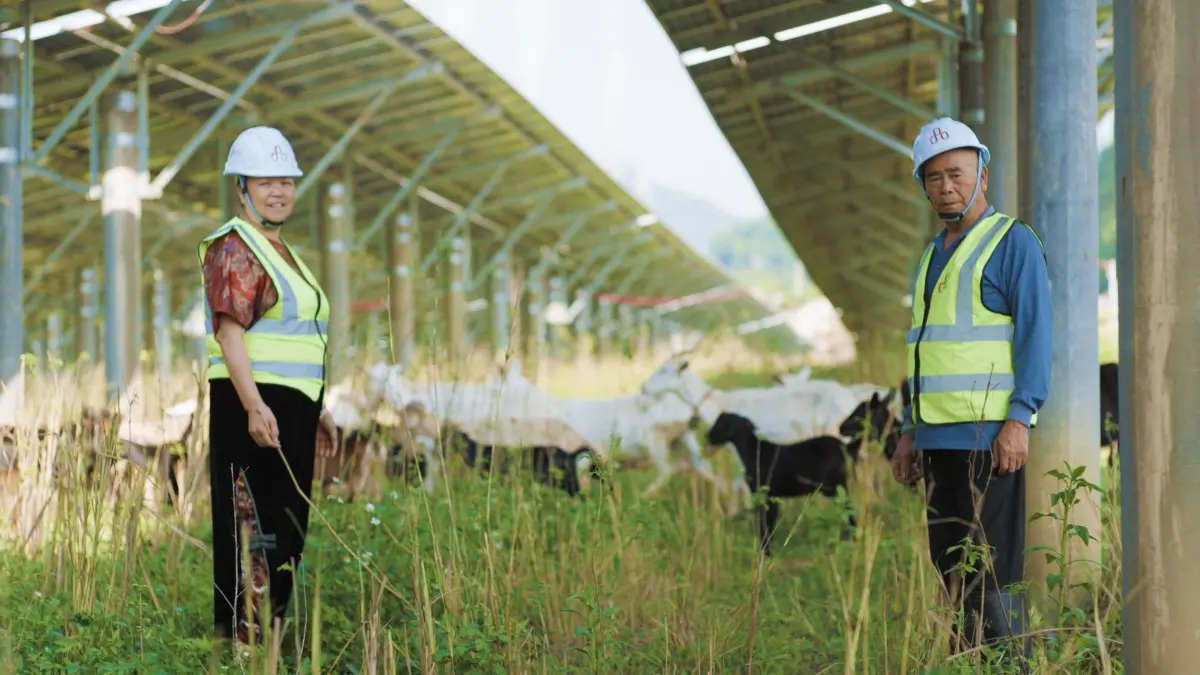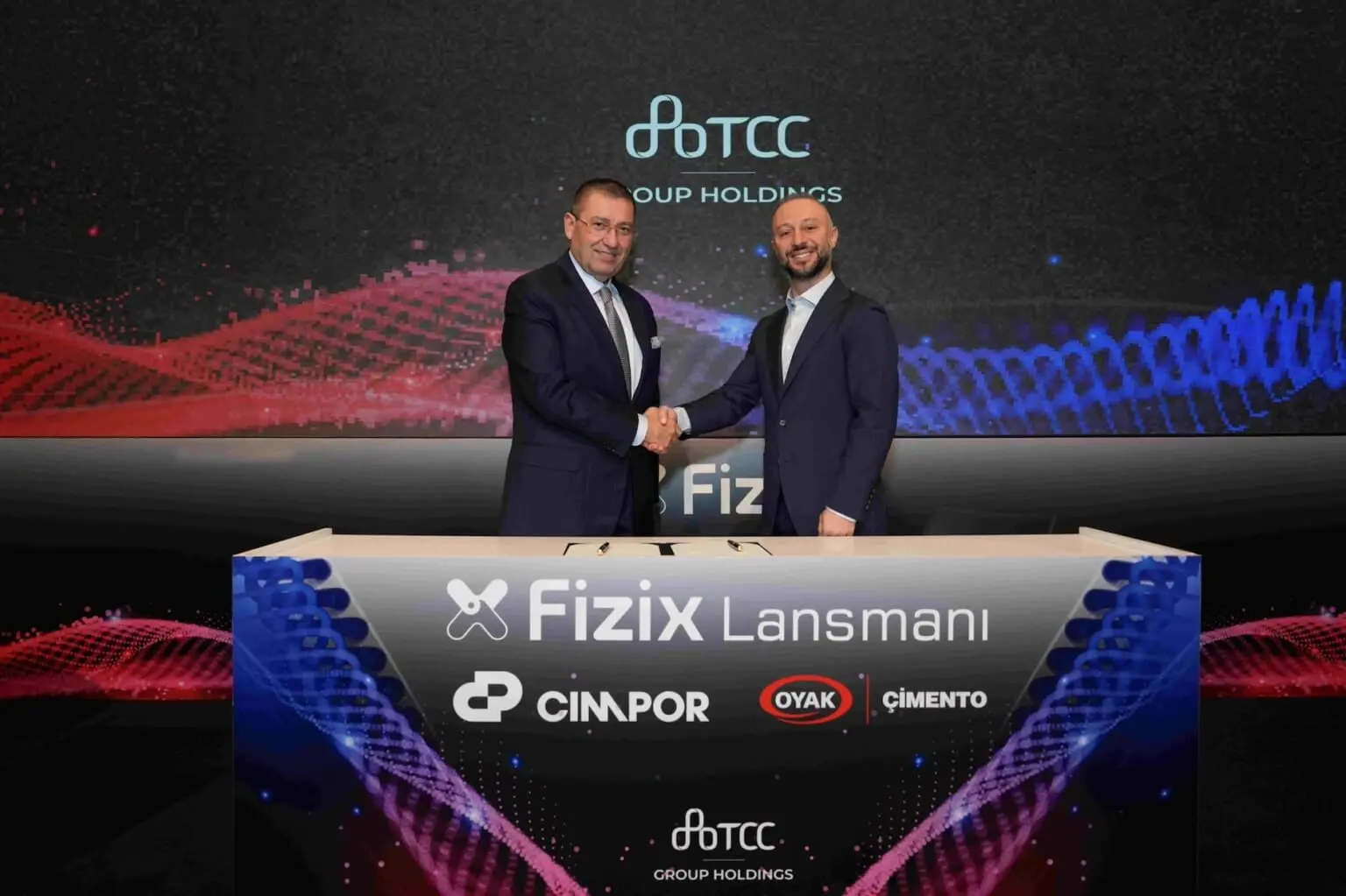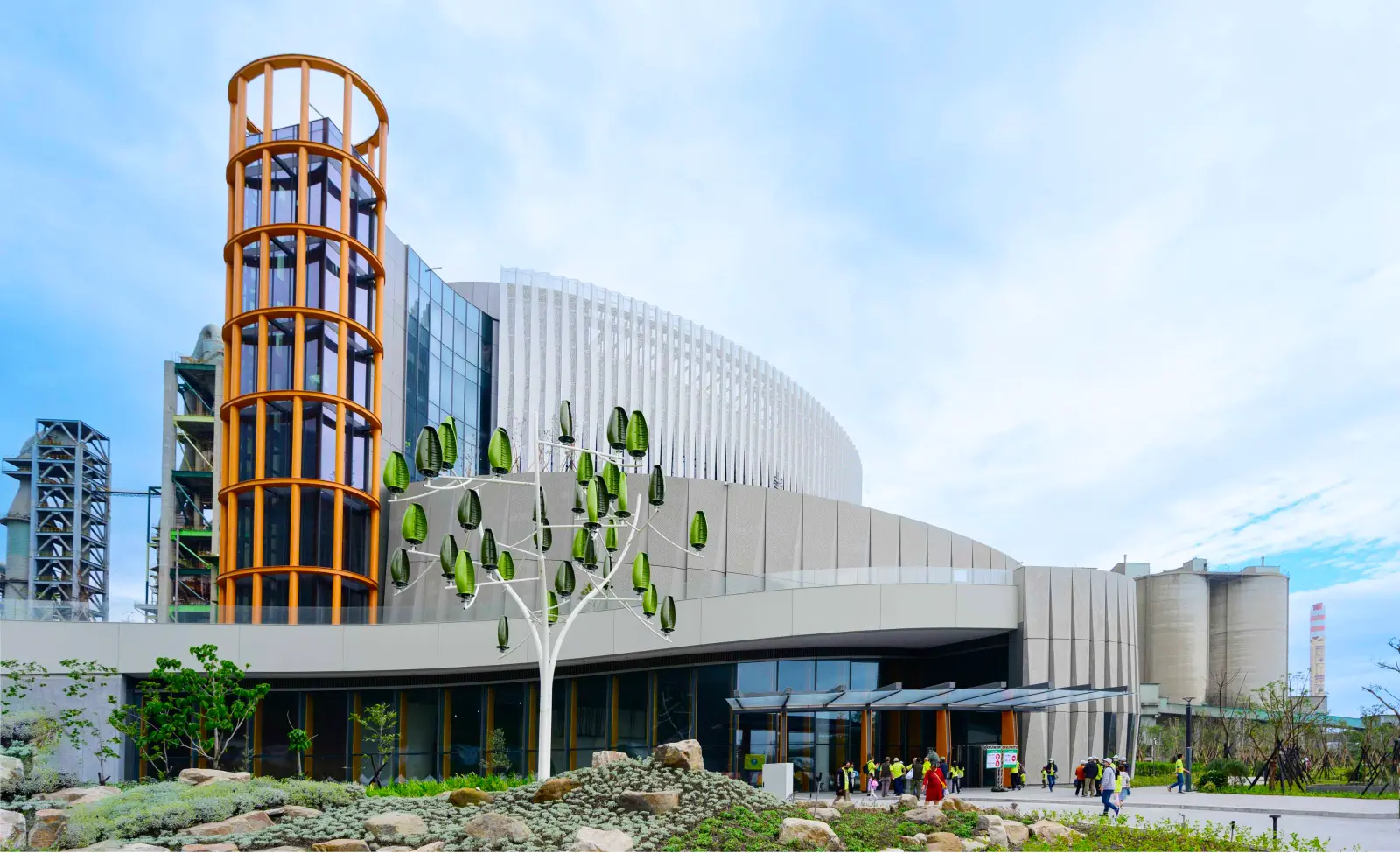TCC: Without green energy and international expansion, revenue might have remained at 2016 levels — stagnation is the greatest risk.
TCC: Without green energy and international expansion, revenue might have remained at 2016 levels — stagnation is the greatest risk.
2025.05.28
-
Copied

At its 2025 Annual General Meeting today (June 27), TCC addressed the complex and challenging industry landscape. President Roman Cheng, in a presentation titled "Navigating Change with Determination," reported on the company’s eight-year journey of internationalization and energy transformation, while outlining the strategic roadmap for its emerging energy business. President Cheng highlighted that TCC’s consolidated revenue in 2016 was NT$89.6 billion, and by 2024, it had surpassed NT$154.6 billion—a growth of nearly 73%. This impressive increase of over NT$100 billion was not a stroke of luck, but the result of eight years of strategic global expansion and transformation. Without timely moves into the energy sector and cross-regional investments, President Cheng noted that TCC’s 2024 revenue might have remained around NT$84 billion, essentially unchanged from eight years ago. This, he emphasized, clearly demonstrates that “stagnation is the greatest risk—transformation is the only path forward.”
President Cheng noted that while many peers in the industry were still reveling in Mainland China’s infrastructure boom in 2016, Chairman Chang had already foreseen two major historical turning points. He foresaw that Mainland China’s per capita cement consumption, then at 1,600 kilograms, would enter a long-term downward trajectory, while demand for high-end ternary batteries and energy storage would surge ahead with a high compound annual growth rate. As a result, TCC embarked on a long-term transformation journey focused on Decarbonization & Green Transition. By 2024, Mainland China’s per capita cement consumption had declined to 1,300 kilograms, and industry forecasts suggest it could fall below 1,000 kilograms by 2030. By 2030, global demand for ternary batteries and energy storage is projected to reach 400 GWh and 500 GWh, respectively. This has validated the foresight and actions taken by TCC ahead of the industry’s turning point.
In addition to rising revenue, TCC has also significantly strengthened its financial structure. As of the end of 2024, the company’s total consolidated assets reached NT$593 billion, and shareholders’ equity surpassed NT$308 billion—both more than double their 2016 levels. EBITDA hit a historic high of NT$45 billion, with a gross margin sustained at a healthy 33%, reflecting solid operational performance. The company continues to uphold strict financial discipline, maintaining EBITDA above capital expenditures (CAPEX) for the past eight years. TCC has relied on its own cash flow to expand its business, deliberately avoiding high leverage risks.
Regarding shareholder returns, President Cheng highlighted that since 2016, TCC has distributed over NT$100 billion in cash dividends. Even with significant investments in new energy, the company maintained a strong cash position of over NT$130 billion in 2024, demonstrating its financial capability to balance transformation, shareholder returns, and a safety margin. In addition, TCC’s net debt-to-EBITDA ratio has dropped from a historical high of 3.8× to 1.5×, while maintaining a BBB- investment-grade credit rating, providing a solid buffer for future expansion and economic cycles.
Energy transformation has become another key pillar of TCC’s development in recent years. President Cheng stated, “Since 2020, TCC has entered the fields of renewable energy, energy storage, and EV charging infrastructure. In 2024, our new energy business turned profitable, with an EBITDA margin of 14% and annual revenue surpassing NT$10 billion. In contrast, the mainland China cement business, which once generated nearly NT$30 billion in EBITDA annually, has declined to just NT$4–5 billion over the past two years. While the Taiwan cement business has gradually increased its EBITDA margin to 21%, the absolute EBITDA value remains at NT$5–6 billion, insufficient to fully offset the shortfall. TCC’s 2018 investment in a 40% stake in OYAK Cement in Turkey, which at the time contributed only NT$200 million in EBITDA and was met with skepticism. However, following the 2019 acquisition of Portugal’s CIMPOR, EBITDA margins have since grown to around 30%, with absolute EBITDA expanding to approximately NT$18 billion. This is not merely a regional substitution,” Cheng emphasized, but a restructuring of our global production capacity matrix.”
Looking ahead to 2025, President Cheng stated that TCC expects its annual green power generation to exceed 142 million kWh, enough to supply electricity for 34,000 households for an entire year. In addition, the company’s global energy storage capacity is projected to reach approximately 2 GWh, which could provide a full day of emergency power to around 170,000 households. Overall, President Cheng emphasized that the new energy business is still in its early cultivation phase, and will require more time to fully mature.
TCC has leveraged its expertise in low-carbon cement to enter the energy storage sector, developing the EnergyArk storage cabinet using ultra-high-performance concrete (UHPC). Combined with years of hands-on experience in battery systems and energy storage, this represents not only a technological innovation but also a practical response to the growing demand for stable power in future cities. Within cement plant sites, EnergyArk delivers strong synergies: by utilizing existing land and electrical infrastructure, and capitalizing on the high energy consumption characteristics of the plants, TCC has successfully deployed over 800 MWh of energy storage systems across five facilities in Taiwan and mainland China, achieving an average EBITDA margin of over 70%.Meanwhile, in fast-charging applications, EnergyArk functions as a “power buffer” to stabilize electricity supply. To date, TCC has completed over 1,000 charging stations and 3,500 charging points across Taiwan, mainland China, and Europe. By 2025, the company plans to build 70 EnergyArk fast-charging stations, reinforcing its commitment to scalable, resilient power infrastructure.
President Cheng emphasized that while last year’s earthquake posed a short-term shock, it underscored the importance of disaster resilience and systemic robustness for businesses. Likewise, geopolitical instability, climate-related disasters, and market corrections have all reinforced the critical role of corporate governance and sustainable operations. Looking ahead, TCC will continue to drive its growth through three core engines: low-carbon building materials, energy technology, and AI applications—aiming to build a green enterprise capable of enduring economic cycles and delivering long-term, stable value to both cities around the world and its shareholders.
More Related Information
-
 2025.05.22TCC's Nature-based Solution:Solar Grazing at Cement Plant
2025.05.22TCC's Nature-based Solution:Solar Grazing at Cement Plant -
 2025.03.12TCC Group Holdings Implements AI Monitoring in Global Cement Plants to Enhance Operational Efficiency and Reduce Energy Waste
2025.03.12TCC Group Holdings Implements AI Monitoring in Global Cement Plants to Enhance Operational Efficiency and Reduce Energy Waste -
 2024.12.18TCC Achieves New Milestone: Selected for DJSI World and Emerging Markets Indices, Ranks First Globally in Environmental and Second in ESG Performance as Construction Materials Corp
2024.12.18TCC Achieves New Milestone: Selected for DJSI World and Emerging Markets Indices, Ranks First Globally in Environmental and Second in ESG Performance as Construction Materials Corp


